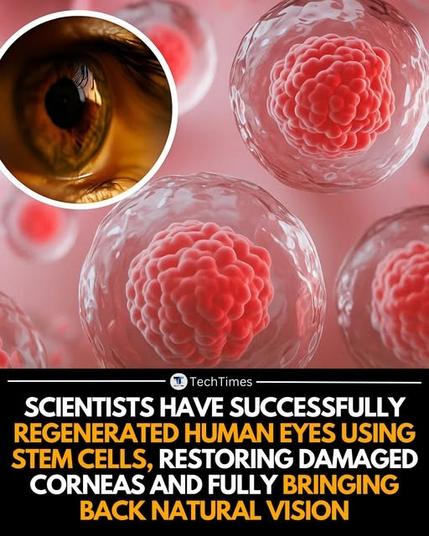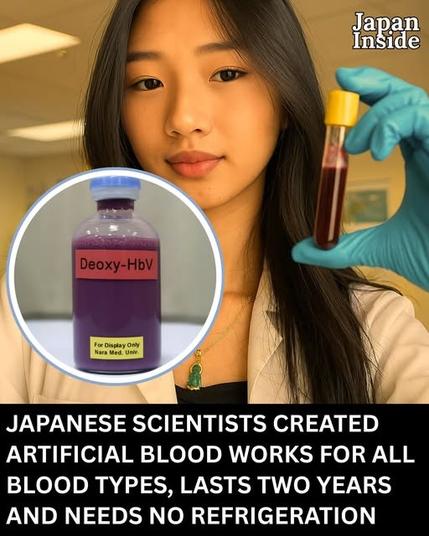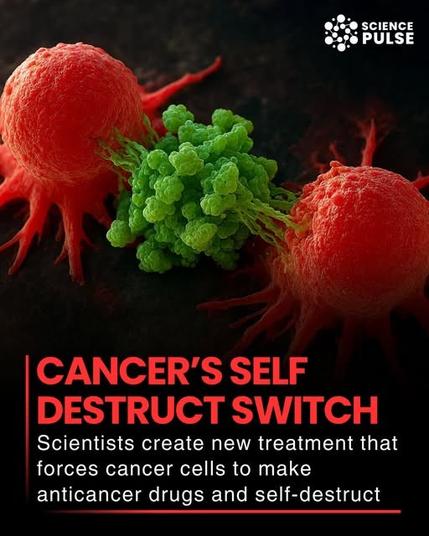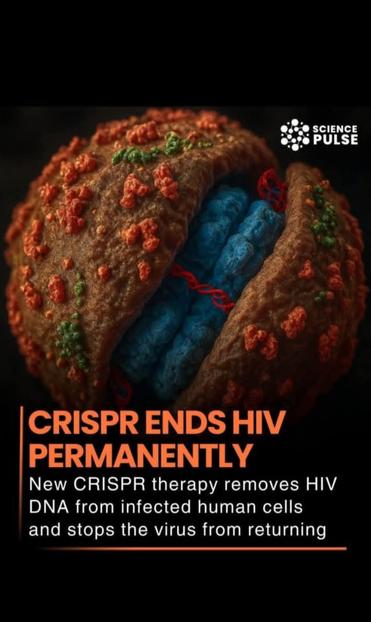In a ground-breaking advance for regenerative medicine, scientists have successfully restored vision by using stem cells to regenerate corneal tissue, the transparent layer that covers the front of the eye. Unlike traditional corneal transplants, which rely on scarce donors and carry a risk of immune rejection, this method uses a patient’s own stem cells to grow new, healthy tissue that integrates seamlessly with the eye.
The results have been extraordinary—patients with severe vision loss, once reliant on donors or resigned to permanent impairment, regained clear sight with minimal complications. Early clinical trials show that the regenerated corneas remain stable over time, offering lasting improvements in vision and quality of life.
Beyond corneal injuries, researchers see enormous potential in extending this approach to other causes of blindness, such as retinal damage and age-related eye diseases. By harnessing the body’s own healing mechanisms, medicine is shifting from replacement therapies to natural renewal, opening the door to a future where blindness can be reversed.
Eye & Vision
#VisionRestoration #EyeHealth #BlindnessCure #VisionResearch #CornealRegeneration #CorneaRepair #SightRecovery #Ophthalmology #EyeCare #RestoringSight
Stem Cells & Regenerative Medicine
#StemCells #RegenerativeMedicine #CellTherapy #TissueEngineering #MedicalBreakthrough #BiomedicalResearch #NextGenMedicine #LifeSciences #HealingWithCells
Medical Innovation & Science
#MedicalInnovation #MedicalResearch #ScienceNews #FutureOfMedicine #HealthTech #ClinicalTrials #HealthInnovation #ScienceIsAwesome
Hope & Awareness
#HopeInScience #HealingThroughScience #EndingBlindness #BetterVision #QualityOfLife



